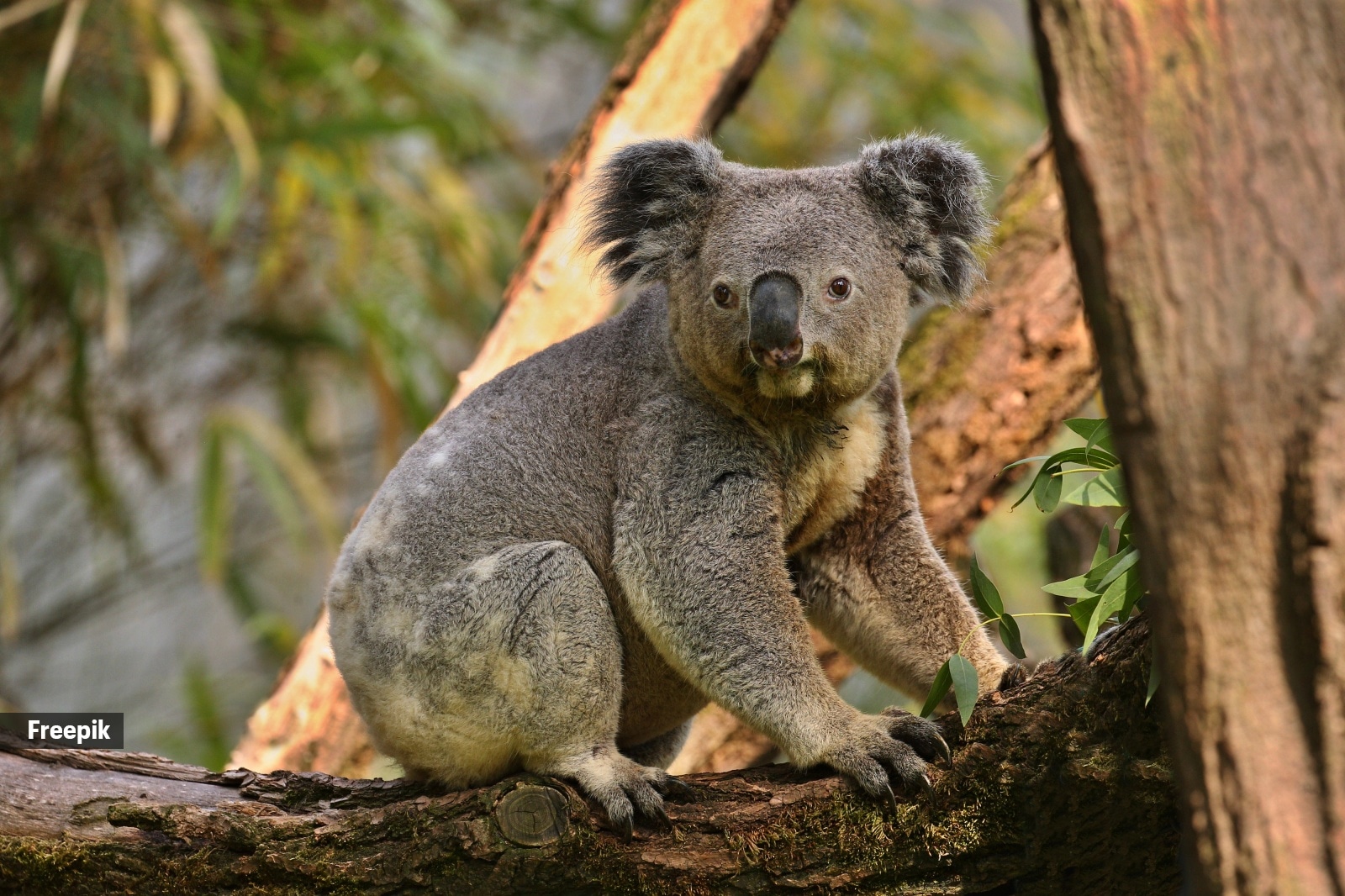📣 For more lifestyle news, click here to join our WhatsApp Channel and also follow us on Instagram
How koalas deal with romantic rejection: sleep, not sulk
But what really makes the adorable koalas retreat from the world?
 Representational image (Photo: Freepik)
Representational image (Photo: Freepik)Australian furry favourite Koala’s approach to love is a little unconventional—no drama, no ranting, no sad songs. Just solitary retreat and a refreshing sleep are how they recover from heartbreak or lack of companionship.
Legend goes that when a male koala fails to find a mate, they retreat by abandoning the pursuit and opting for logic in the form of sleep. Well, that sounds endearing! Isn’t it? But what really makes the adorable koalas retreat from the world?
Decoding koala behaviour
In the animal kingdom, koalas are not particularly social creatures. They spend most of their time alone, resting in eucalyptus trees. Yet, during the breeding season — typically between September and March — the silence of the Australian forest is often broken by an echo. This is the male koala’s mating call, a low rumble that can travel over a kilometre through the trees. The sound isn’t just a romantic gesture; it’s a declaration of territory, meant to attract females and warn rival males to stay away.
Females, in turn, respond selectively. Unlike males, who are driven by competition, females are more discerning — they choose partners based on the strength and tone of the call. In many cases, a female may reject a suitor outright, even resorting to aggression if he approaches uninvited.
 Representational image (Photo: Freepik)
Representational image (Photo: Freepik)
Male koalas on rejection
If a male koala faces rejection, he doesn’t fight or chase. More often than not, he simply retreats — sometimes to nap. This behaviour, while seemingly comical, is efficient and scientific. Research suggests that the koala’s diet consists almost entirely of eucalyptus leaves, which are notoriously low in nutrients and high in fibrous toxins. Digesting them requires enormous effort and yields little energy in return.
To survive on such a restrictive diet, koalas have evolved a slow metabolism and a lifestyle centred on energy conservation. They sleep up to 20 hours a day to reduce energy expenditure. So, when a potential mate isn’t interested, chasing after another isn’t worth the metabolic cost.
But what happens when they mate?
When mating does occur, it is brief and sometimes aggressive. Male koalas use their strength and persistence to mount females, and loud vocalisations from both parties often accompany the process. Afterwards, the female resumes her solitary lifestyle, caring for the joey on her own. The baby, once born, crawls into the mother’s pouch, where it stays for about six months before clinging to her back for another six.
Not lazy
Studies reveal that koalas conduct doesn’t mean they are lazy. It means they are just energy-efficient specialists perfectly adapted to their environment. Their seemingly indifferent attitude toward courtship or rejection reflects a biological reality: survival often takes precedence over romance.
📣 For more lifestyle news, click here to join our WhatsApp Channel and also follow us on Instagram






- 01
- 02
- 03
- 04
- 05





















